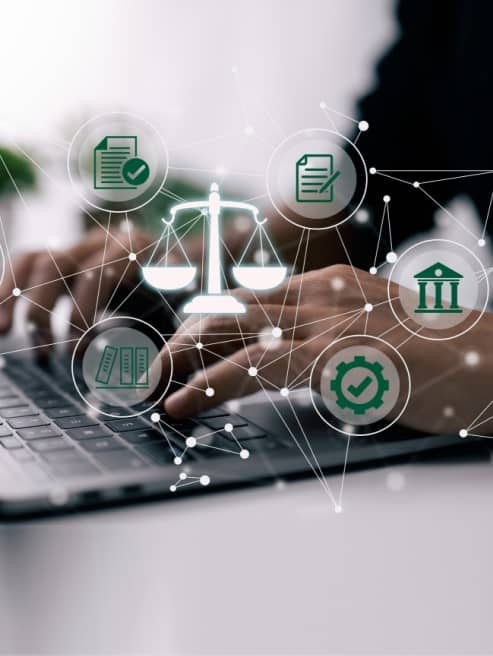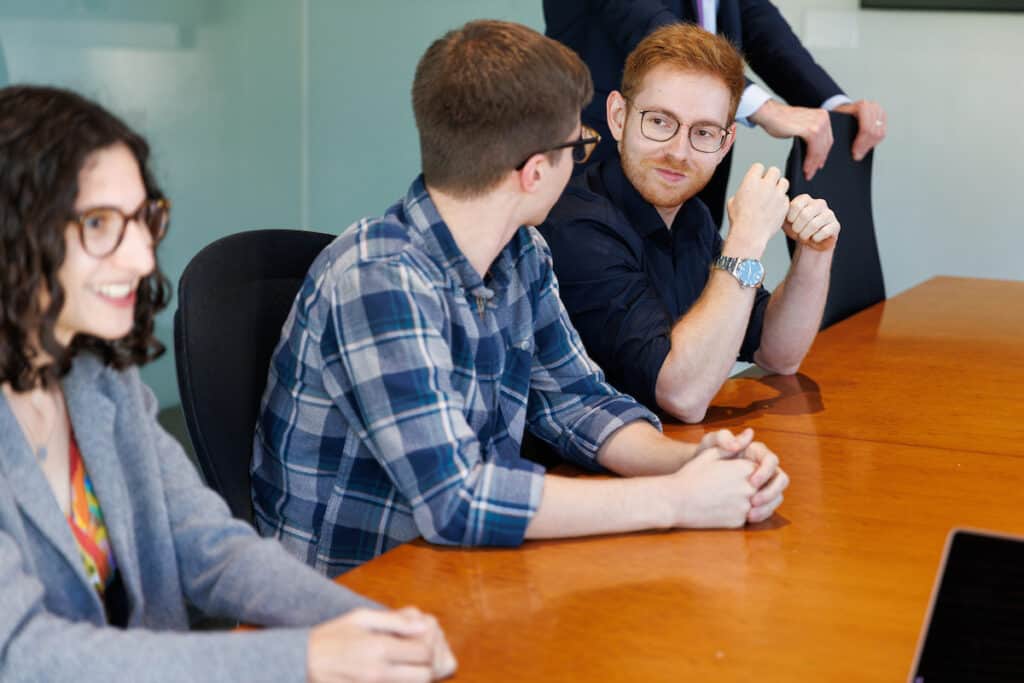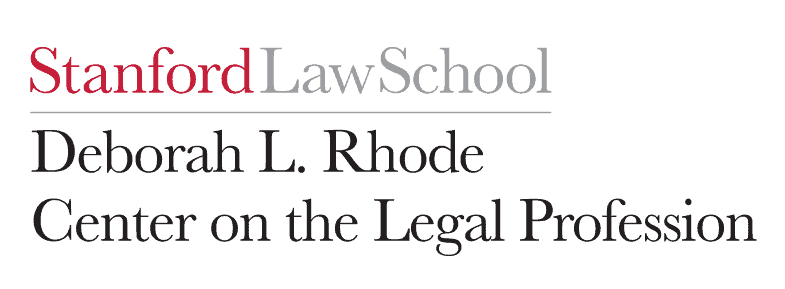LATEST UPDATES
A wave of new technologies is transforming the legal system. Judges are using risk assessment tools to set bail and sentences, regulators are using AI to choose enforcement targets, the use of online dispute resolution platforms is increasing, and litigators are using tech tools to conduct discovery, perform legal analysis, and more. These developments call for bold and incisive debate about the law, policy, and ethics of technology. We aim to contribute to this conversation, and also work to equip the lawyer leaders of the future with the tools they will need to help society chart a wise, ethical, and humane course.
Two projects embody the Rhode Center’s work in this area. First, a new book — edited by the Center’s co-director, David Freeman Engstrom — offers a sweeping and in-depth look at technology’s impact, and potential impact, on the legal profession. And a collaboration involving Stanford, technology providers, and state courts in six states — from Alaska to Texas — aims to improve access to online filing for self-represented litigants by improving and simplifying courts’ back-end electronic filing infrastructure. Read more about each of these efforts at the links below.

The Rhode Center's co-director, David Freeman Engstrom, edited a first-of-its-kind volume offering a sweeping analysis of legal technology's present and future.

The Rhode Center and the Legal Design Lab will offer a new policy lab working with the Los Angeles Superior Court to develop technological solutions to increase access to justice for unrepresented people.

